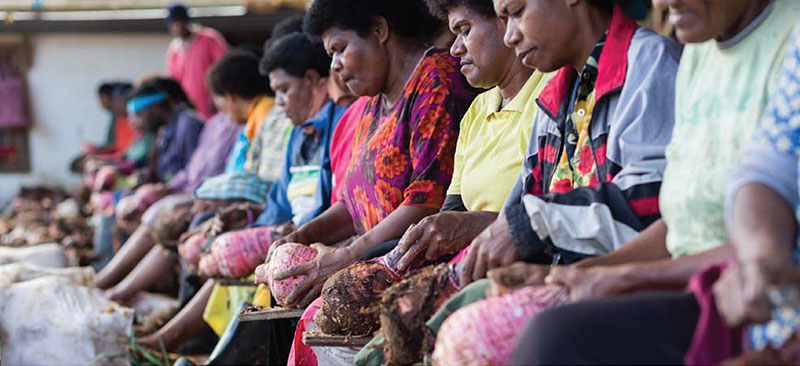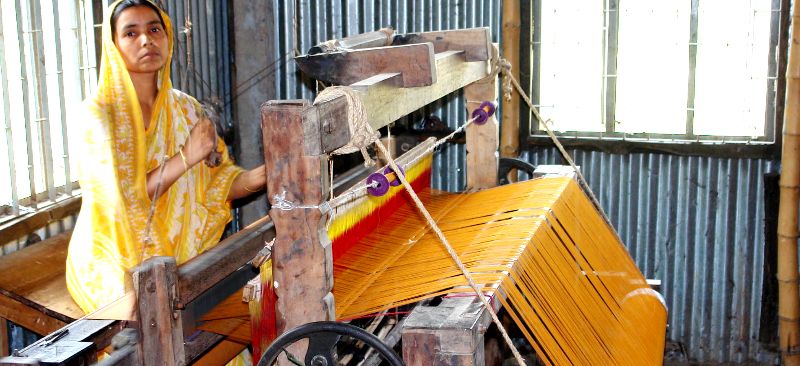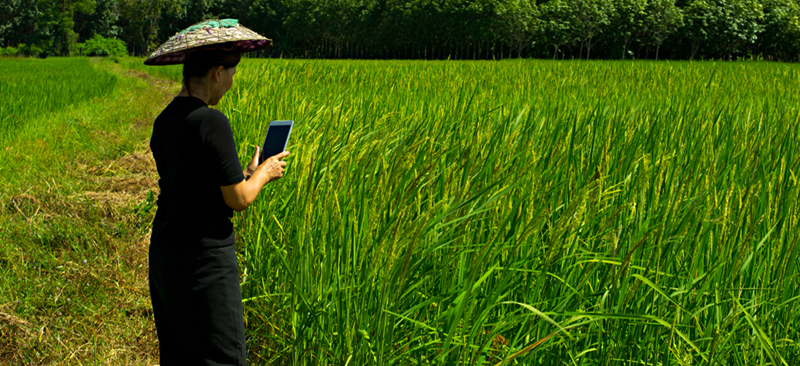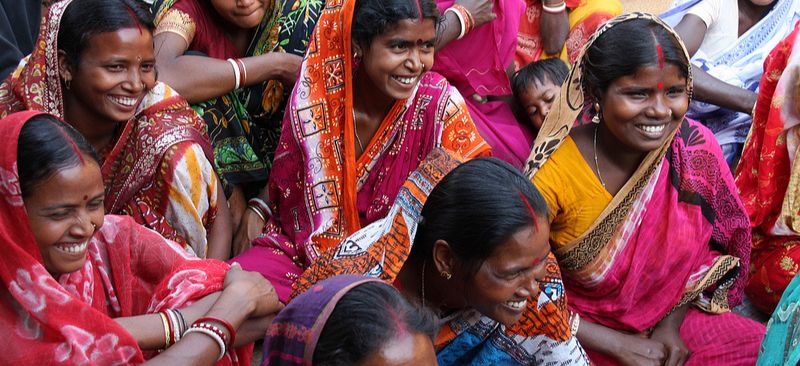
MSC undertook an MSME landscape study commissioned by Reserve Bank of Fiji (RBF) and Market Development Facility (MDF), a program funded by DFAT. MSMEs contribute to 18% of the national GDP in Fiji, and the central bank has been keen to strengthen them.
MSC’s research was a first-of-its-kind study that focused on enterprise development, including business incubation, advisory services, and access to finance. The study helped RBF, MDF, and ministries to develop strategies and formulate policy interventions for MSME development.
The stakeholders accepted the key recommendations, including setting up of a development finance institution and the amendment of the definition and classification of MSMEs. Other recommendations accepted include rationalizing compliance processes, such as business registration and licensing, improving market linkages, and providing business incubation and advisory services to MSMEs.
The project culminated with RBF constituting a task force to commission a feasibility study to develop an MSME bank in Fiji.

MSC provided technical assistance to non-bank financial institutions to promote the growth and sustainability of urban micro and small enterprises in India.
MSC advised five institutions—an MSME-focused financial institution, two microfinance institutions, a leading agent network manager, and a peer-to-peer network. The technical support included a survey in five states of India, development of MSME strategies for the institutions, and the development of products, processes, and systems. We also developed a statistical credit engine based on predictive data analytics that helped underwrite enterprise loans.MSC supported the financial institutions to pilot-test a new product and ensured that they achieved success.
The pilot scaled to a combined INR 1 billion (USD 15 million) portfolio in less than a year. After the project, the partner institutions rolled out the microenterprise lending (MEL) product and diversified into new business segments. The MEL product became a runaway success and an inspiration for the sector to adopt a successful model.
The Michael & Susan Dell Foundation commissioned this project.

MSC worked with IFC to train and build the capacity of Indian farmer producer companies (FPCs) on governance, financial management, risk management, and business planning. We conducted a training-needs assessment and developed training modules besides conducting a training-of-trainers sessions, all using adult learning principles. We developed replicable and sustainable capacity-building models to support the use of the curriculum, content, toolkits, and methodology across various states and geographies.
The program resulted in nearly a million smallholder farmers being trained. Several financial service providers are now able to extend significantly more credit to farmer producer organizations and their member farmers. This has been made possible because of better management, operations, and governance, which stem from MSC’s training and capacity building. Many financial service producers have also adopted the curriculum. MSC’s training now enables them to train and skill producer organizations at scale.

Visa commissioned a secondary research on the global emerging middle class, with a particular focus on three markets—Nigeria, the Philippines, and Peru. The research uncovered key customer insights to help Visa design a go-to marketing strategy in the global emerging economies.
MSC studied the sources and uses of cash by these segments. Our teams worked on understanding consumer needs, behavioral dynamics, and emerging trends. We assessed and analyzed opportunities for the use of digital financial services and products.
There has been a significant growth in consumer preference for digital payments in each of these countries over the past three years. According to the National Bureau of Statistics of Nigeria, retail digital transactions have grown by 202% in terms of volume between 2015 and 2018. Of these, card-, internet-, and mobile-based transactions have grown nearly 600% during this period (report). Likewise, according to a consumer survey by Visa in the Philippines, 57% Filipinos mentioned a preference for electronic payments in 2017, compared to 46% in 2015.
The report is available here.

The Innovate, Implement, Impact (i3) Program utilizes technology for meaningful financial inclusion. Under this program, we work with implementation partners in both Bangladesh and Vietnam to optimize the design and delivery of products and services to meet the needs of low- and middle-income (LMI) clients.
We also work with FinTechs like technology-based start-ups, mobile financial services providers, and IT solution or platform providers. We facilitate partnerships with financial service providers, such as banks, microfinance institutions, and cooperatives to enable large-scale outreach and provide the critical last-mile access.
This program will make a direct difference to at least 400,000 under-served LMI clients over a period of three years in both markets. It will improve the financial health of LMIs—either by enabling access to formal financial services for new customers—or through deepening usage and extending a broader range of services to existing customers. In addition, we expect that around five times more people will derive indirect benefits, due to ripple effects from the interventions in these markets.
Supported by MetLife Foundation, the program is also active in China and Malaysia.

Business Finance for the Poor in Bangladesh (BFP-B) contracted MSC to undertake a study on the transformation of MFIs in the country. Through our intervention, BFP-B expects to strengthen the agenda of financial inclusion in the country.
The study covered regulatory requirements, creation, or changes in the acts, and capital requirements, among other aspects. It provided actionable recommendations to BFP-B and other stakeholders on the feasible policy options, the types of institutional transformation, and possible regulatory arrangements.





